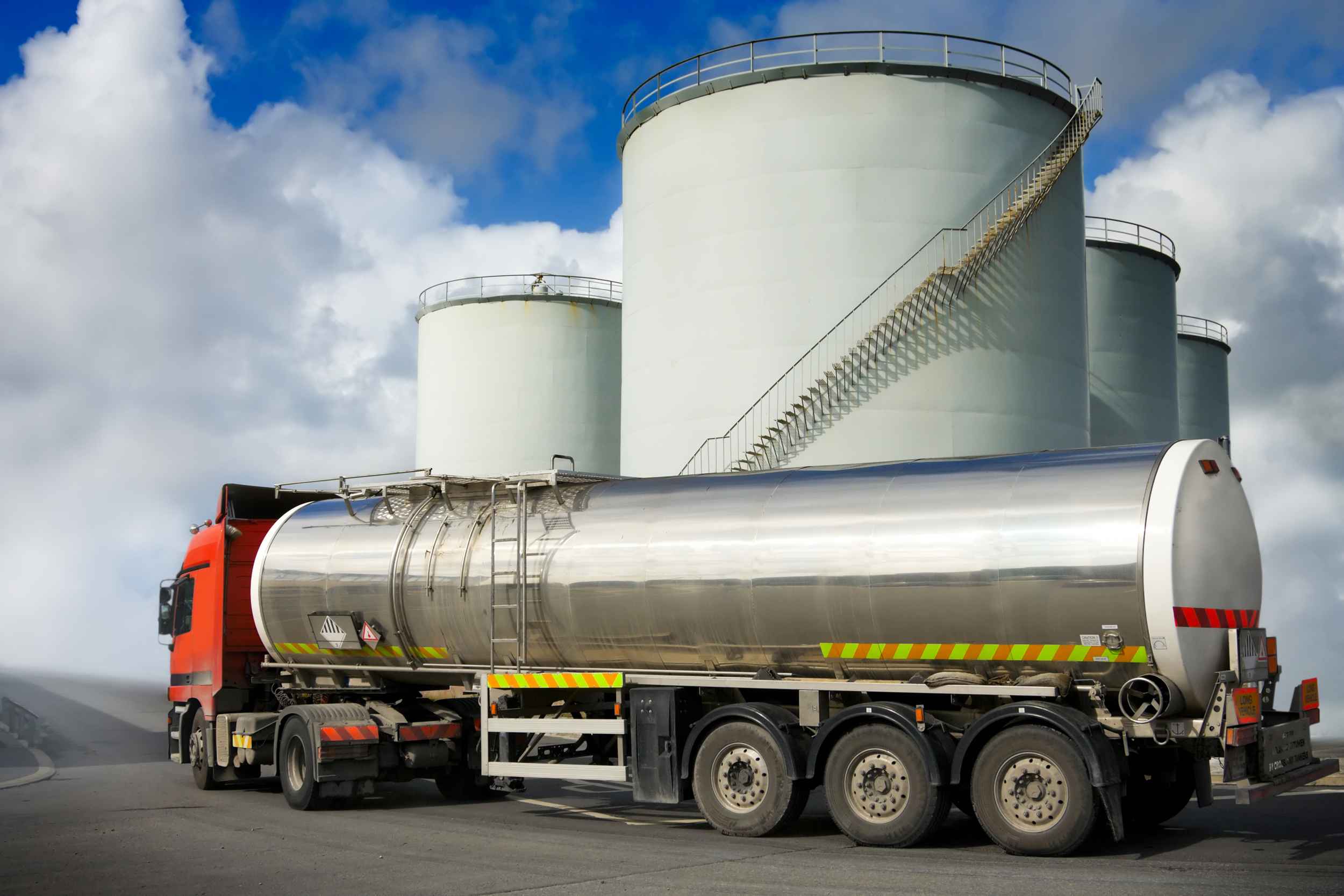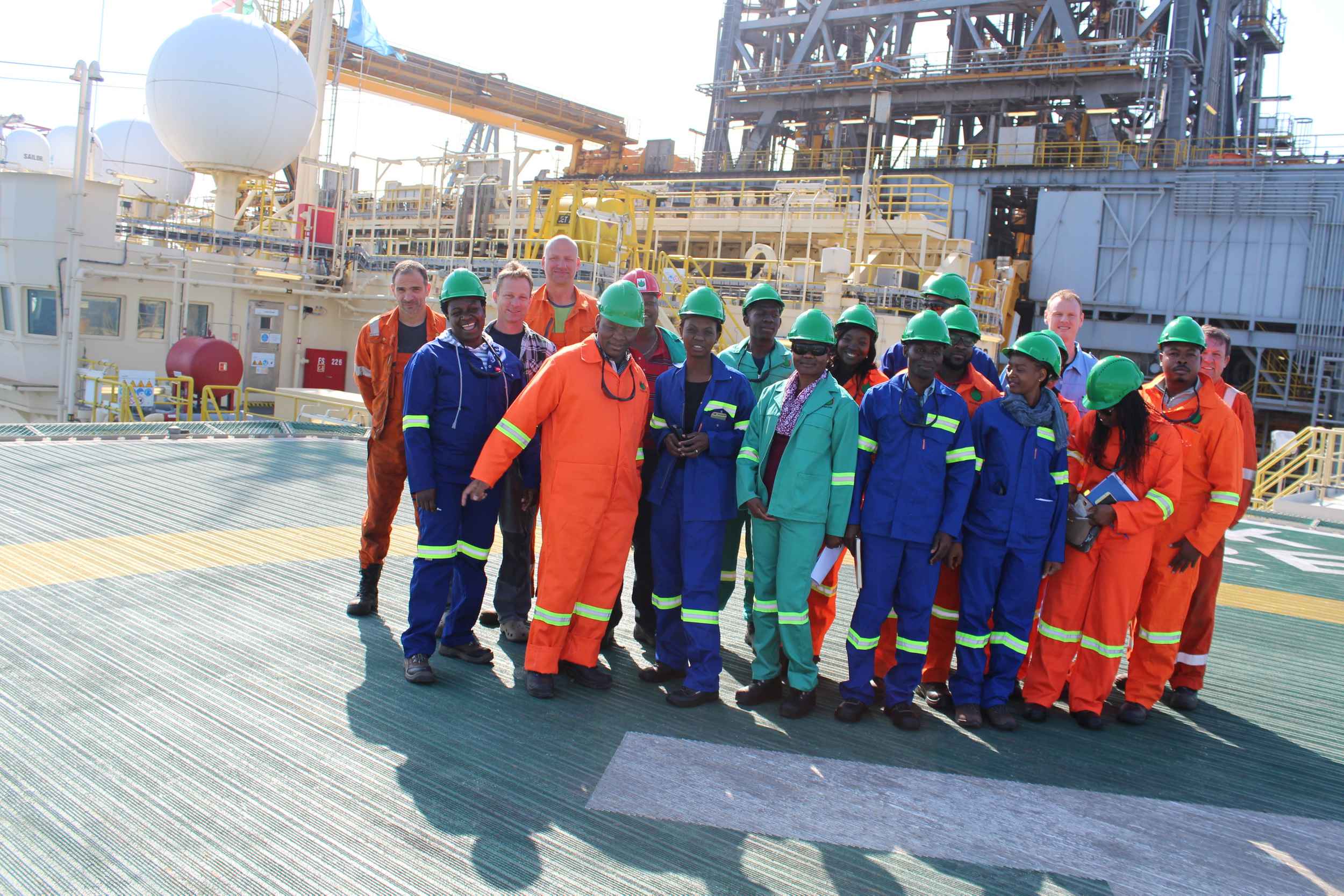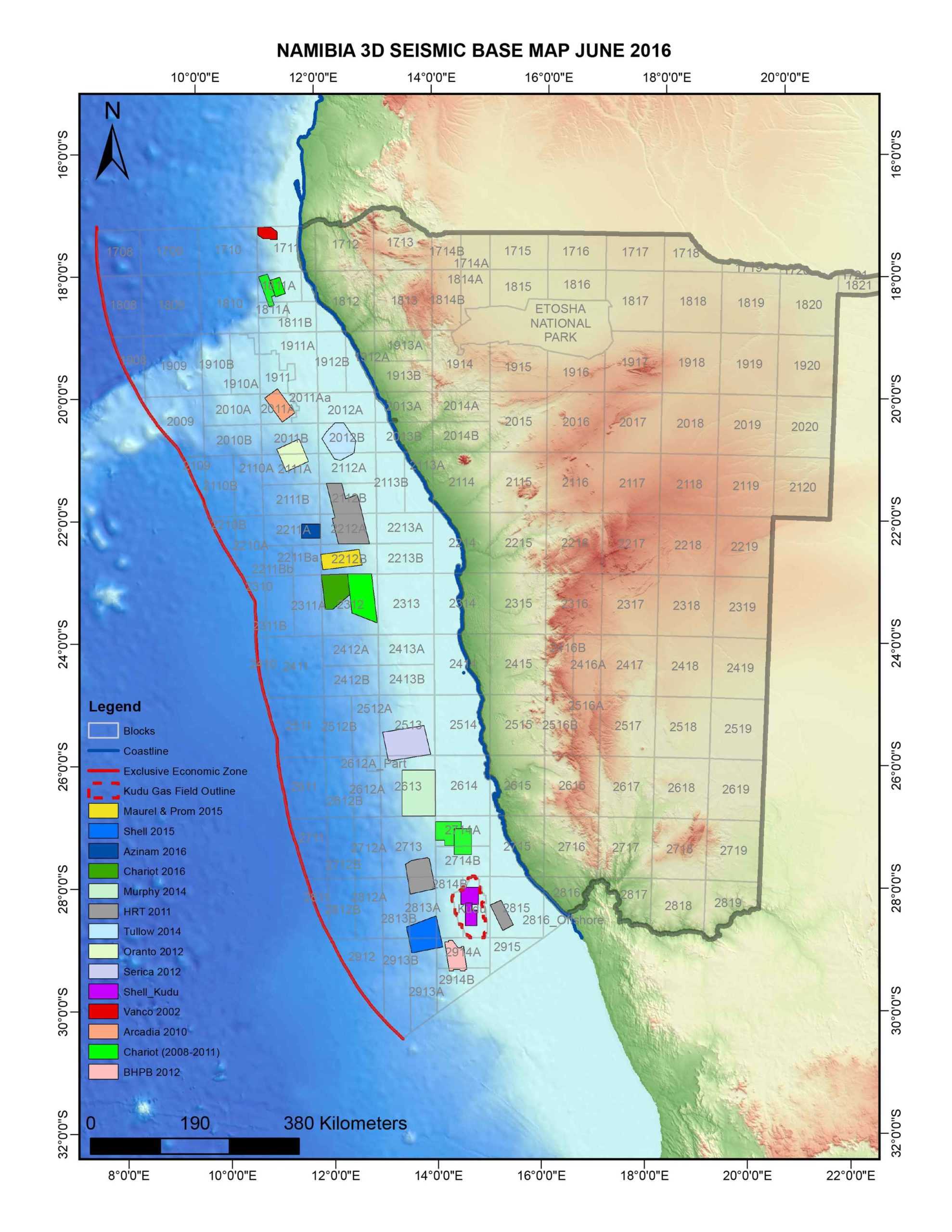The Ministry of Mines and Energy has to announce that petrol and diesel pump prices for July will decrease on the 5th of July 2017, at 00h01.
The prices of both crude oil and refined oil have defied recent forecasts that were based on the OPEC agreement to cut oil production a few months ago. The expectations were that by June, the prices would be hovering above US$65 per barrel. For the past four months, the prices have not reached that threshold with June recording US$60 and US$57 for a barrel of refined diesel and petrol, respectively. These averages are not far from the preceding month’s averages of US$63 per barrel for refined diesel and US$60 for petrol.
The exchange rate between the Namibia Dollar against the US Dollar has also been favourable during the period under review. The average exchange rate for June 2017 was N$12.88 compared to May’s average of N$13.22. This means that importing fuel to our shore was less costly in June compared to the preceding month of May. Moreover, the cost for shipping oil tankers has also decrease in June as assessed by the London Tankers Broker, recording US$145.70 per metric tonne compared to US$151.30 in May.
When all the aforementioned cost elements were filtered through the local market, substantial over-recoveries were recorded. For the past few months consumers have not gotten a relief at the pumps because the results of the Basic Fuel Price model were not favourable. It is only fair that they get some relief this time around when the conditions are favourable.
The over-recoveries per product on the BFP import parity landed in Walvis Bay calculated as at 25 June 2017 are indicated below:
| 95 Octane Unleaded Petrol | 60.234 c/ℓ |
| Diesel 500ppm | 58.164 c/ℓ |
| Diesel 50ppm | 59.536 c/ℓ |
The present Walvis Bay fuel pump prices for the controlled petroleum products (Petrol & Diesel) are to be decreased as follows:
| 95 Octane Unleaded Petrol | 50 c/l Decrease (retail) |
| Diesel (all grades) | 50 c/l Decrease (wholesale) |
The current Walvis Bay pump prices are high and the new pump prices will be as follows:
| 95 Octane Unleaded Petrol | N$ 10.50 per liter |
| Diesel 50ppm | N$ 10.33 per liter |
| Diesel 50ppm | N$ 10.38 per liter |
Petrol and diesel pump prices at various inland destinations countrywide will also be adjusted accordingly.




